music

A Grandfather
Quarantine with a politician – this is how one could describe the situation captured in the film A Grandfather. Throughout the COVID-19 pandemic, the director continuously filmed his cohabitation with his own grandfather, the prominent conservative politician and former Lithuanian Prime Minister Vytautas Landsbergis. This observational film captures everyday life in their shared household, but mainly focuses on conversations between the two men, one of whom is recapping his career and the other is making a film, but is also a classical flute player. The result is a chronicle that blends everyday life, artistic expression, and statesmanlike declamation. In the quarantined isolation of both family members, the Lithuanian past is echoed in the recollections of Vytautas Sr. as he rummages through his old collection of notes, as is the COVID-19 present, which is announced on the television screen. The grandfather finally agrees to participate in a joint theatre performance combining music and political performance. “By trying to explain it you ruined it. Just like in music. There was some nonsense: ‘explain how to understand music.‘ You can explain it. And you’d be ruining it. The essence.“
director: Vytautas Oškinis
original title: Senelis
country: Lithuania
year: 2025
running time: 67 min.
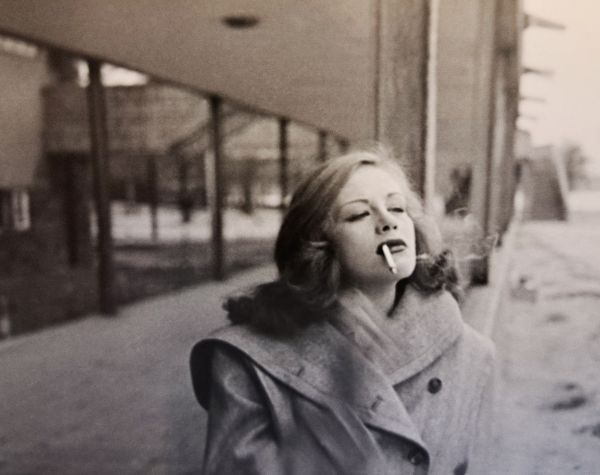
I Want It All. Hildegard Knef
A spectacular pop culture story from 20th-century Central Europe. Hildegard Knef: global movie star, fashion icon, respected chanson singer, last German diva, feminist. Outspoken, controversial, archetype and antitype of her time. As an actress, singer, and writer, she enjoyed international success, experienced crushing defeats, and was creative for more than five decades. She became famous in Germany at the age of 20 and could never return to anonymity. Her favourite themes of success, failure, self-discovery, and the ability to overcome harsh blows made her an expert in survival. The film portrays a highly talented, ambitious, laconic, and astute woman who showed the world how to cope with both fame and failure.
director: Luzia Schmid
original title: Ich will alles. Hildegard Knef
country: Germany
year: 2025
running time: 98 min.
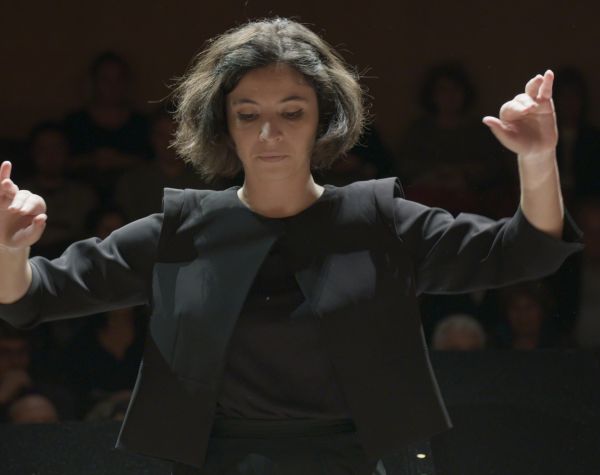
Kapralova
Czech composer Vítězslava Kaprálová was 22 years old when she left to study music in Paris in 1937. Three years later, she died of illness. This documentary, conceived as a dialogue across time and generations, follows in her footsteps. The short but intense period of the composer's life is reconstructed using archival footage and letters full of immediate impressions that the young artist shared with her family in Czechoslovakia. Her legacy is brought to life in parallel thanks to a new generation of conductors, such as Bianca Maretti, who rehearses some of her predecessor's compositions with an orchestra. Kaprálová's portrait thus becomes a tribute to all women who, despite language barriers, prejudices, and their origins, have managed to make their mark in the world of classical music. “In Paris, they are preparing for war. We are waiting anxiously to hear what Hitler will say today. We believe it will be decisive for the entire development of the situation.” — quote from the film
director: Petr Záruba
original title: Kaprálová
country: Czech Republic
year: 2025
running time: 70 min.
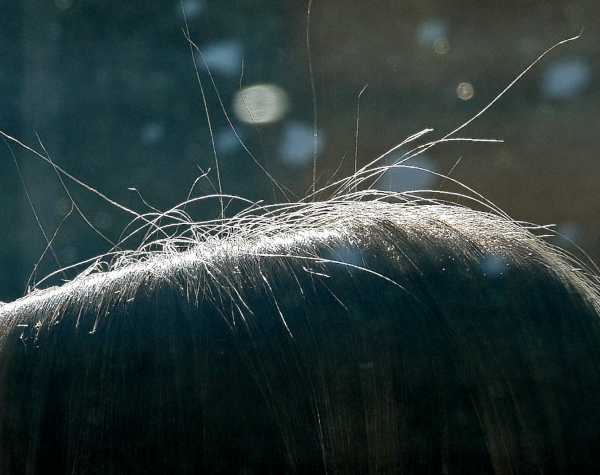
Magical Movements
For several decades, Jaroslav Kořán has been associated with his own percussive instrument, the dreamers' astronomical clock, and other projects between experimentation and ambient music. The film Magical Movements is 100% cinematic-ambient, but it also represents the purity and courage of a personal perspective. The viewer's feeling of being surrounded is enhanced by multi-channel sound. “Each fragment is a micro-story that composes our life perceptions and together forms the essence of the observer's memory. The film acts as a painting with living photography and evokes wonder at the everyday magical side of reality,” says the author.Magical Movements are presented together with Jan Šípek's film Solstice in the block Czech Ambient Film. Both films, which we are premiering, are the surprising results of acoustic experimentation on the Czech music scene. At the same time, they significantly transfer the specific features of ambient music to the film medium: hypnotism, a different speed of time, contemplation of the details of the world and its perceived unity.
director: Jaroslav Kořán
original title: Magické pohyby
country: Czech Republic
year: 2025
running time: 24 min.
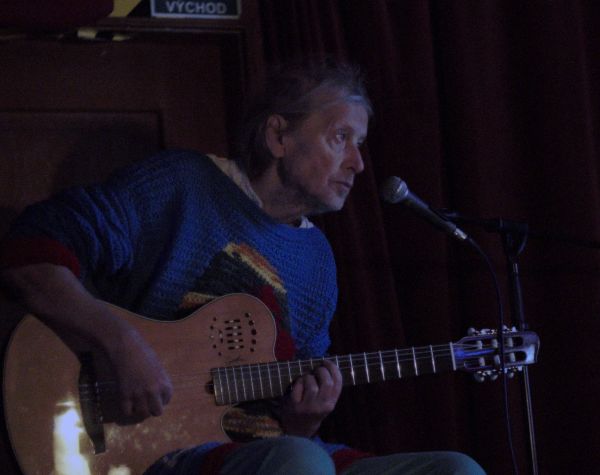
Solstice
Jan Šípek documented the unmistakable singer-songwriter and spiritual seeker Oldřich Janota (1949–2024) during the last period of Janota's life. This meant accepting the challenge and approaching Oldřich's song koans with a wholly original film style. The film was made on the day of the winter solstice during one of the very last performances of this great figure of Czech independent culture.Solstice is presented together with Jaroslav Kořán's Magical Movements in the block Czech Ambient Film. Both films, which we are premiering, are the surprising results of acoustic experimentation on the Czech music scene. At the same time, they significantly transfer the specific features of ambient music to the film medium: hypnotism, a different speed of time, contemplation of the details of the world and its perceived unity.
director: Jan Šípek
original title: Slunovrat
country: Czech Republic
year: 2025
running time: 63 min.
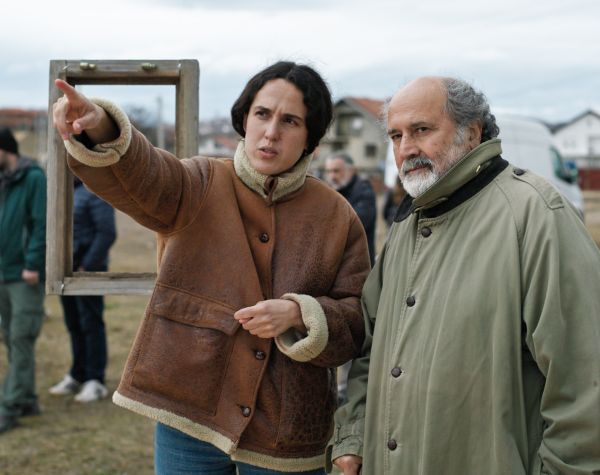
The Beauty of the Donkey
After decades in exile, Asllan returns with his daughter to his native village in Kosovo to work with local residents to revive the world of his childhood, which was destroyed by war. Through staged memories, interviews with eyewitnesses and intensive collaboration with the community, he attempts to uncover the truth about the past and understand how it shaped the present. The process of reconstructing memories reveals the tension between an idealised past and a reality marked by loss, trauma and uprooting. The donkey present in the story serves as a metaphor for patience, continuity and memory, but at the same time it is a very real, symptomatic animal for village life and the daily rhythm of the community. The intimate dialogue between father and daughter transforms into a broader reflection on collective memory, identity and man's relationship to home, with the film showing the power of community in the shared search for meaning and understanding. The work combines elements of documentary reconstruction, performative gesture and poetic realism, creating a multi-layered statement about the relationship between the past and the present. “Everything was so present and intense. All of us were vivacious.”
director: Dea Gjinovci
original title: La Beauté de l'Âne
country: Kosovo, Switzerland, France, United States
year: 2025
running time: 76 min.










